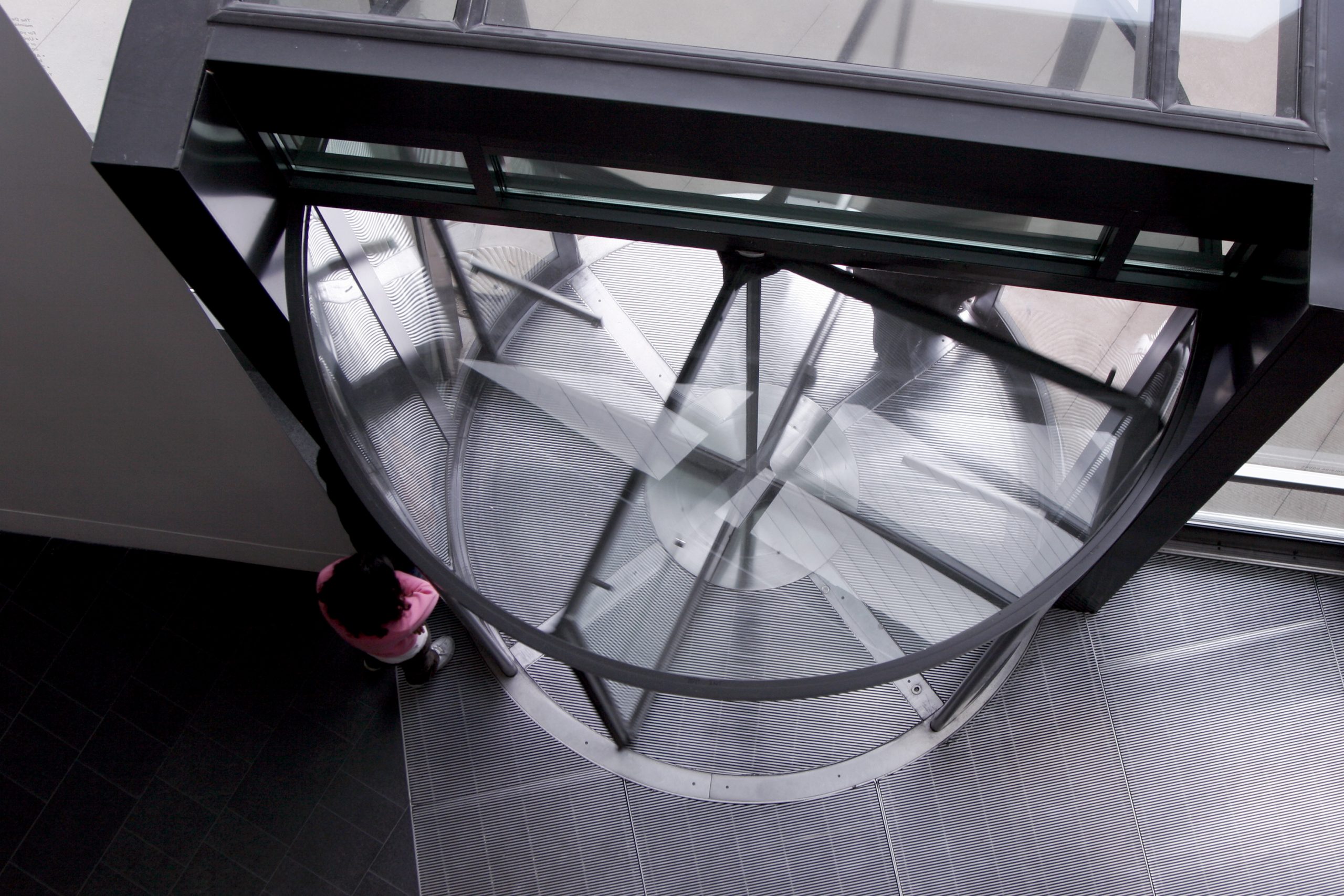As George Osborne gets the revolving door between government and big business in the news – CAAT researcher Joe Lo blogs on the revolving door between government and the arms trade

So why does our government go to such lengths to keep arms companies happy? One reason is that the ‘revolving door’ between the public sector and business means that many politicians and civil servants end up taking well-paid jobs with arms companies when they leave the public sector.
For example, as Britain’s ambassador to Saudi Arabia, Sherard Cowper-Coles pressured the Serious Fraud Office to drop its investigation into a BAE Systems arms deal with Saudi Arabia. When he later left the Foreign Office, who did he get a job with? BAE Systems!
In October 2016, BAE Systems appointed a new director of government relations called Oliver Waghorn. A few years earlier, who was he working for? The government! He was a special adviser to then Defence Secretary Liam Fox before scandal forced Fox to quit.
These two are far from alone. The political influence browser on CAAT’s website shows that numerous former politicians, military leaders and civil servants now work in the arms trade, often getting paid a great deal for the use of their contacts book and their insider knowledge of how government works.
Despite the risks of conflicts of interest, regulation of the revolving door in the UK is negligible. To go from the public to private sector, all senior public servants must do is apply to a body called the Advisory Committee on Business Appointments (ACoBA). This committee has never, in its 42 year history, said publicly that an appointment is unsuitable. Even if it did, as its chair Baroness Browning recently told Parliament: “”We haven’t got the power to say to someone they can’t work. They could just shrug their shoulders.”
That’s why CAAT is calling for ACoBA to be abolished and replaced with a proper regulator, backed by law, which can stop people taking up inappropriate jobs. As recognised by transparency NGOs and regulators, the arms industry is where conflicts of interests from the revolving door are the most striking – particularly because governments are the arms companies’ biggest clients. Therefore, when it comes to the arms industry at least – the revolving door does not just need regulating, it needs slamming shut.

